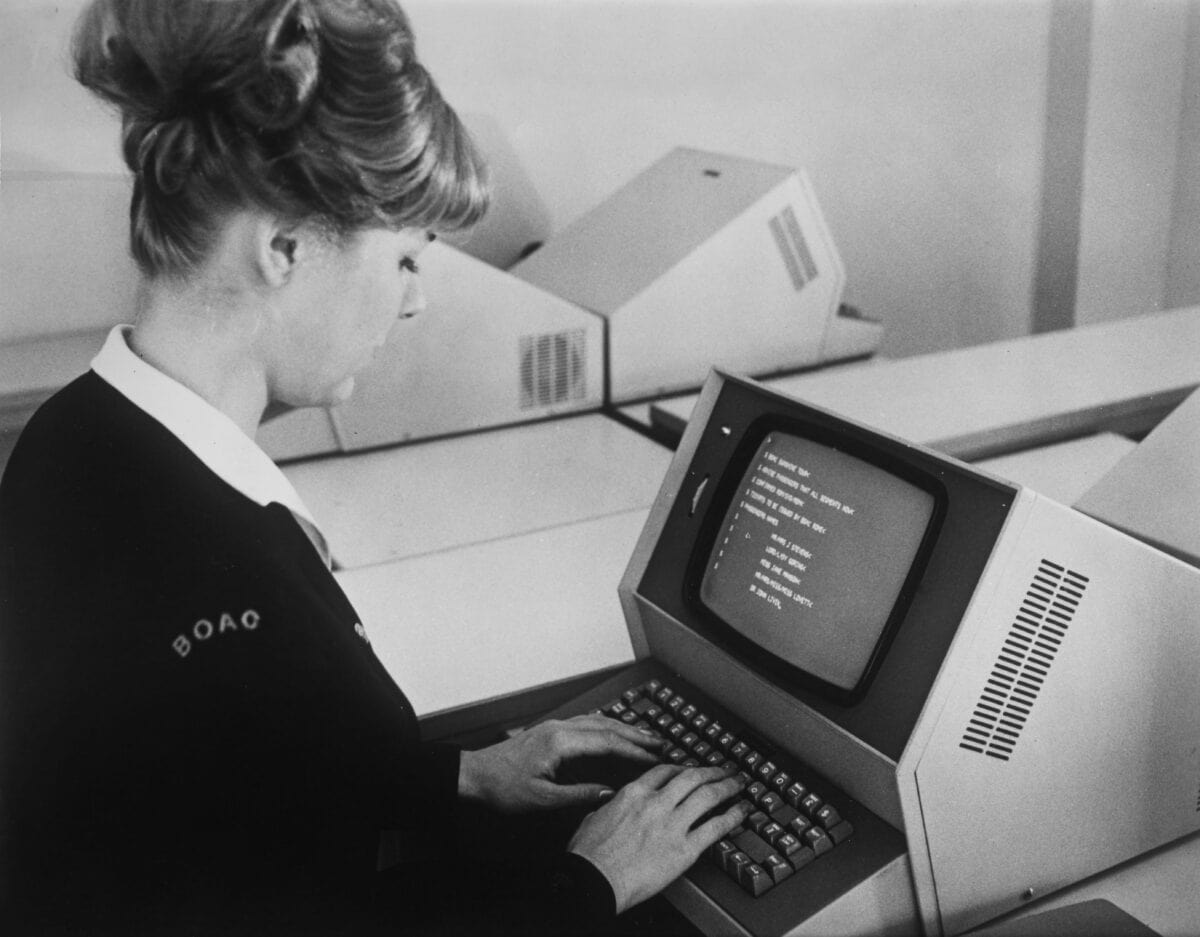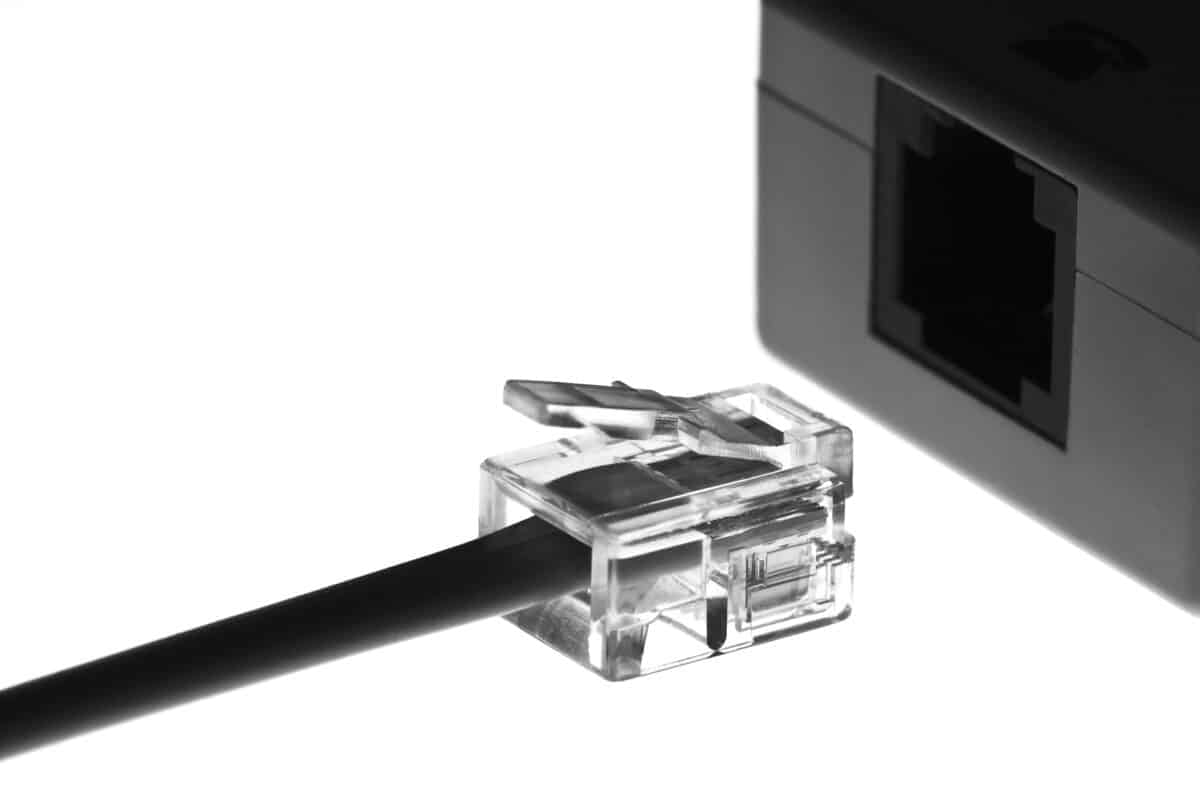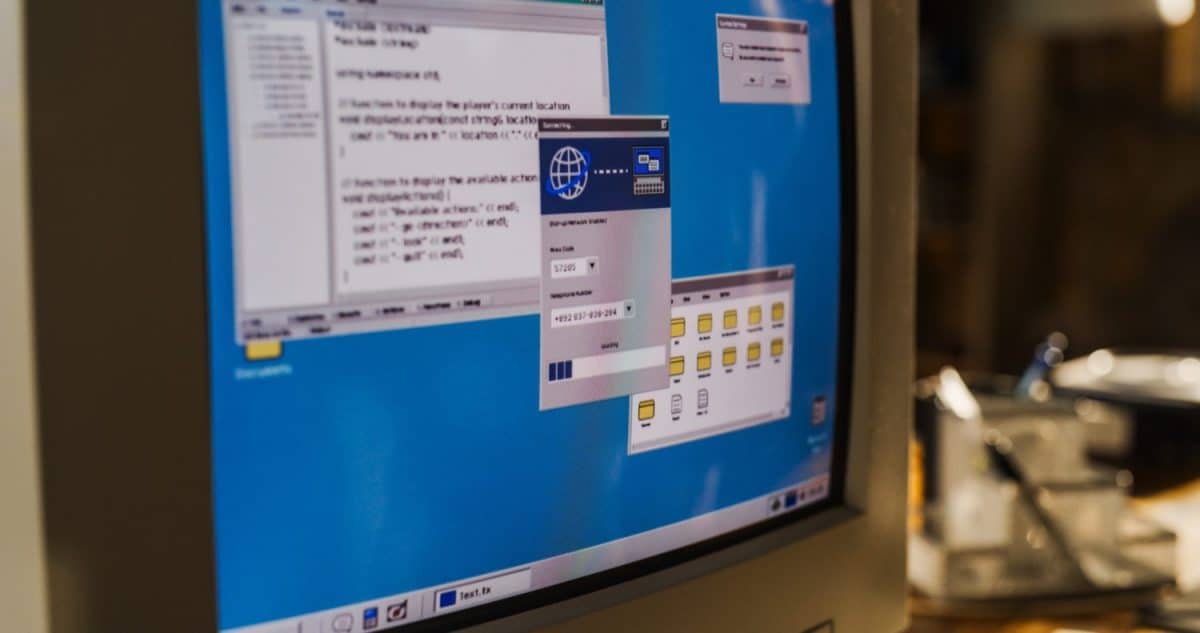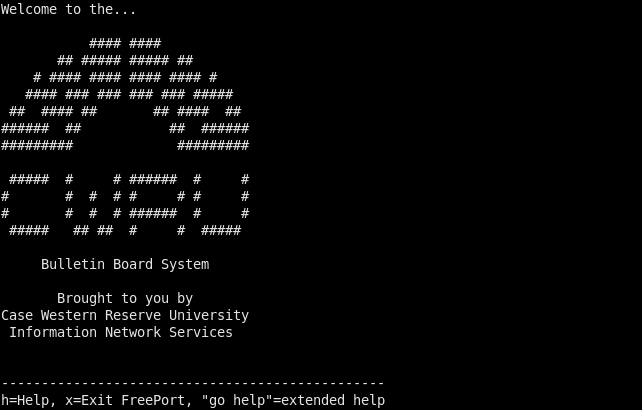BBS, or bulletin board systems, were one of the big reasons to hop on the internet in the 1980s. We didn’t have the means or ability to connect to media-rich sites. The tech simply wasn’t there. However, for those looking for a community, the humble BBS functioned as a proto-social media of sorts. Let’s take a step back in history and look at the internet’s first real draw.
Early Days

Before there was a BBS, there wasn’t much in the way of a network for people to connect to. Community Memory served as a prototype of sorts for the BBS, debuting in August of 1973. It was relegated solely to Berkeley, California, thanks in part to microcomputers not existing.
Further, modems, terminals, and mainframes were prohibitively expensive, being more the domain of hobbyists and those working for larger organizations. Community Memory functioned essentially as a digitized version of a public bulletin board. You paid a token, posted a message, and you were done.
The First BBS

The first modems sold were odd, at least if you’re not familiar with early networking tools. You’d dial a number and leave your phone’s receiver on a set of rubber cups on top of the modem. Disconnecting from online services was done by removing the phone receiver and hanging it up.
Microcomputers started gaining steam in 1977, with the introduction of the Apple II. The following year saw the first real BBS, or online site for social interaction. Computerized Bulletin Board System, or CBBS, went online in February of 1978. It was one of the longest-running sites of its type, hanging on in some form until the 1990s.
BBSes Take Off

The humble BBS puttered along until the early 1990s when they exploded in popularity. This was before the real introduction of the wider web we’re used to, which could come in the middle of the decade. Dial-up internet access with the use of 14.4, 28.8, and later 56k modems resulted in users being able to work with intricate graphical interfaces.
This was in stark contrast to the early days of internet access, which relied on asynchronous connections to use a BBS. Synchronous connections, faster speeds, and increased resolution meant that these bulletin boards became one of the first real fads to enter public consciousness.
Further, there were magazines dedicated to them, similar to newsgroups. Readers could pick up a magazine at their local bookstore or newsstand, find a board, and log right in.
Crash and Fall

The BBS struggled on through the mid-1990s, but the looming shadow of the World Wide Web was impossible to avoid. A BBS relied on a point-to-point connection, meaning your computer was connecting directly with the BBS host. Contrast that with the internet, which logs into your service provider and allows access to all kinds of services, sites, and other means of social contact.
Curiously, the peak of the BBS’s popularity came in 1996, before going into a steep decline. The prevalence of affordable internet access meant that anyone with a computer could chat with people all around the world.
Interestingly, the BBS still exists in the modern era, nearly 30 years after its fall from grace. However, with only around 1,000 in existence that are accessible by protocols like SSH and Telnet, these are the domain of computing enthusiasts rather than your average layperson.
Conclusion
The BBS is an interesting and crucial development in the history of computing. Many of the network developments on the consumer side of the market were partially driven by users looking to communicate with one another. However, it was something of a closed bazaar of sorts, to borrow a computing metaphor. The internet provided an open-air market, with your imagination being the only real limit.
The image featured at the top of this post is ©"FreePort Software banner, inverted" by Michael L. Umbricht is licensed under BY 4.0..

